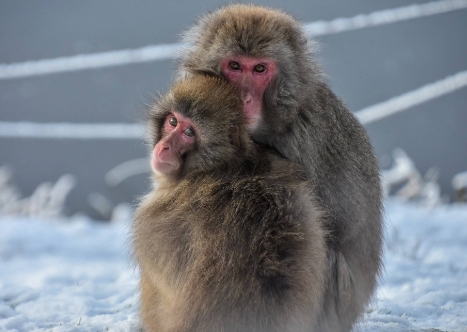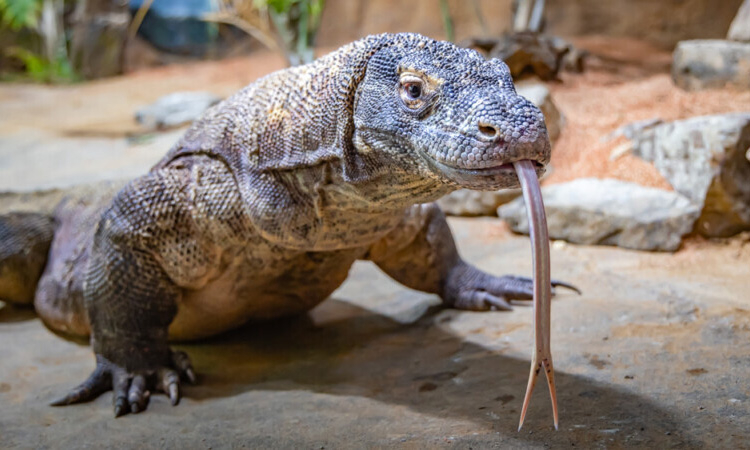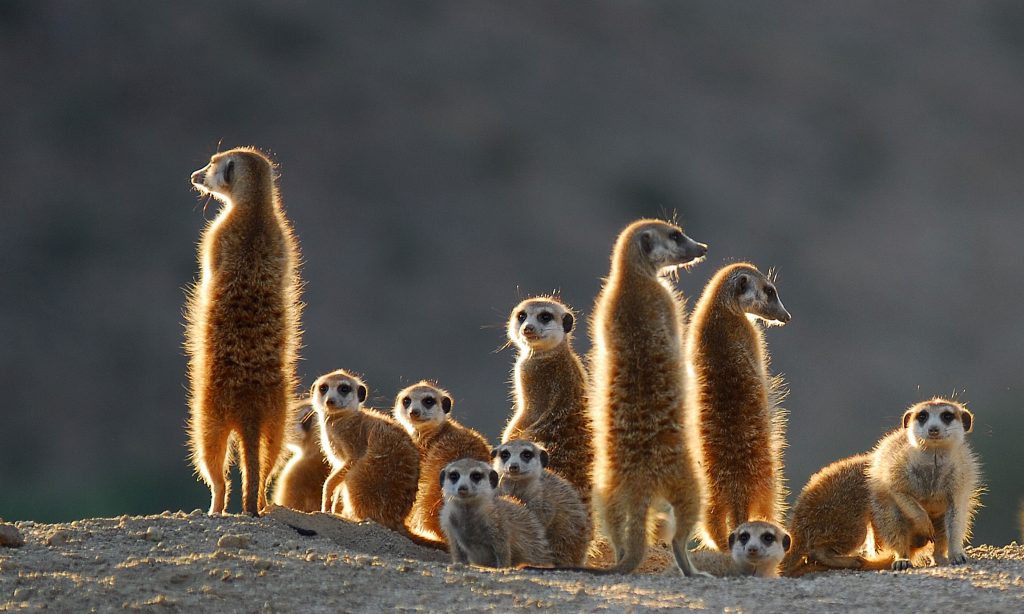If you ever find yourself wandering through the forests of Japan, you may come across a group of mischievous and playful creatures known as Japanese macaques. These intelligent primates, also known as snow monkeys, have captured the hearts of many with their cunning antics and social dynamics. Let’s take a closer look at these fascinating animals and gain a glimpse into their world.
Highly Social Creatures
Japanese macaques are known for their tight-knit social groups, which are led by a dominant female known as the alpha female. These groups can consist of anywhere from 20 to over 100 individuals, with complex hierarchies and relationships among members. The macaques communicate through vocalizations, gestures, and grooming behaviors, forming tight bonds within the group.
Mischievous Pranksters
One of the most endearing traits of Japanese macaques is their playful nature. These monkeys are often seen engaging in various forms of play, from chasing each other through the trees to play-fighting and grooming each other. They also have a reputation for their mischievous pranks, such as stealing food from unsuspecting tourists or pulling pranks on their fellow group members.
Unique Behaviors
Japanese macaques are known for their unique behaviors, such as using hot springs to keep warm during the winter months. This behavior was first observed in the 1960s in the Jigokudani Monkey Park in Nagano, Japan, where macaques would soak in the warm waters of natural hot springs. This behavior has since become a popular tourist attraction, with visitors flocking to see the monkeys relaxing in the steamy pools.
Adaptive to Their Environment
Japanese macaques have adapted to a wide range of habitats, from snowy forests to coastal areas. They are highly adaptable and can thrive in various environments, thanks to their resourcefulness and intelligence. These monkeys have been known to use tools, such as rocks and sticks, to aid in foraging for food and solving problems.
Conservation Efforts
Despite their adaptability, Japanese macaques face threats from habitat loss, poaching, and human-wildlife conflicts. Conservation efforts are being made to protect these iconic animals and ensure their survival for future generations. By raising awareness about the importance of preserving their habitats and respecting their natural behaviors, we can help safeguard the future of these playful pranksters.
In conclusion, Japanese macaques are fascinating creatures that offer a glimpse into the complex social dynamics and playful antics of primates. By learning more about these animals and supporting conservation efforts, we can help ensure that these mischievous monkeys continue to thrive in their natural habitats for years to come.




